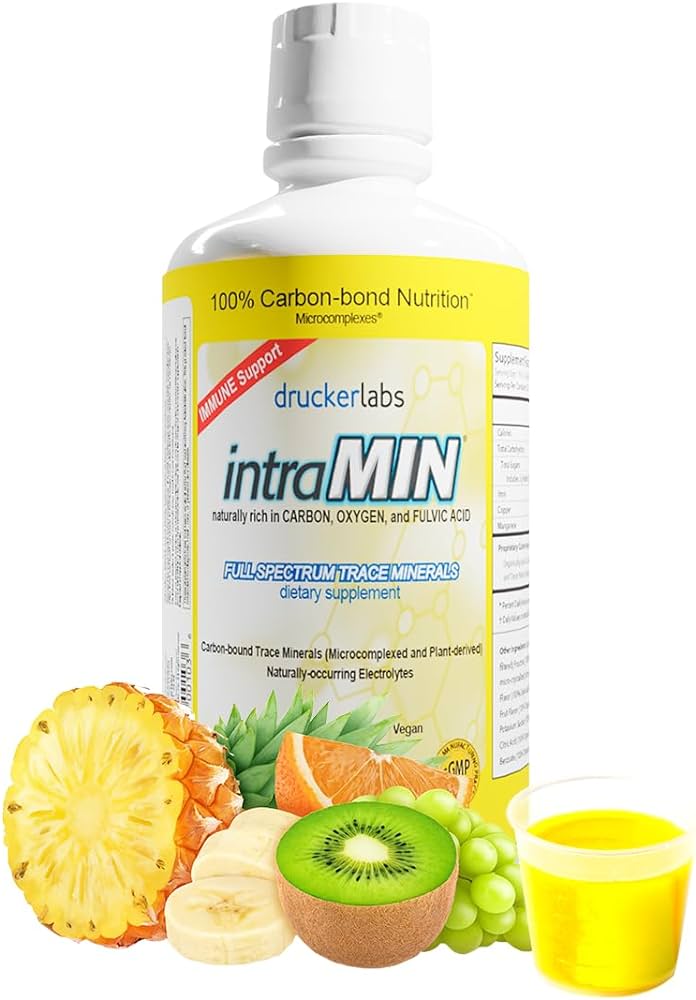Exotic fruits are a delightful and flavorful addition to any diet. However, with their unique textures and tastes, it’s important to know the best ways to store them to retain their freshness and flavor. In this guide, we’ll explore the proper storage techniques for a variety of exotic fruits, ensuring that you can enjoy their deliciousness for as long as possible.
The Importance of Proper Storage
Before delving into specific storage methods, it’s essential to understand why proper storage is crucial for exotic fruits. Exotic fruits are often delicate and highly perishable, making them more susceptible to spoilage compared to common fruits. Improper storage can lead to premature rotting, loss of flavor, and a shortened shelf life.
Storage Tips for Exotic Fruits
Below are some essential storage tips for specific types of exotic fruits:
Mangoes
Storage: Store ripe mangoes in the refrigerator to slow down the ripening process and maintain their freshness. Unripe mangoes can be left at room temperature to ripen.
Papayas
Storage: Ripe papayas should be stored in the refrigerator to prevent over-ripening. They can be kept in the fridge for up to a week.
Durians
Storage: Durians are best stored in the freezer if you don’t plan to consume them immediately. Once frozen, they can be kept for several months without significant loss of quality.
Dragon Fruit
Storage: Dragon fruit should be stored in the refrigerator. Once cut, consume it within a few days to enjoy its full flavor and freshness.
Passion Fruit
Storage: Store passion fruit in the refrigerator. It can be stored for up to a week. To prolong its freshness, store it in a perforated plastic bag.

Credit: wonderbelly.com

Credit: www.amazon.com
General Storage Tips
For most exotic fruits, the following general tips apply:
- Always handle with care to prevent bruising.
- Avoid storing exotic fruits near strong-smelling foods as they can absorb odors easily.
- Keep fruits dry to prevent mold and spoilage.
- Do not wash fruits until you are ready to consume them.
Enhancing Shelf Life
To further prolong the shelf life of exotic fruits, consider the following tips:
- Utilize produce bags or containers with ventilation to regulate humidity and prevent moisture build-up.
- Avoid storing fruits that emit ethylene, such as bananas, near other fruits, as they can hasten ripening and spoilage.
- Check stored fruits regularly for any signs of spoilage and remove any spoiled items to prevent the spread of decay.
By following these storage methods and best practices, you can maintain the quality and deliciousness of exotic fruits for extended periods, ensuring that you can savor their unique flavors and nutritional benefits. Whether you’re a fan of mangoes, papayas, durians, dragon fruit, or passion fruit, proper storage is key to enjoying these exotic treats at their best.
Frequently Asked Questions For How To Store Exotic Fruits : Maximize Freshness And Flavor With Proven Techniques
How Long Can Exotic Fruits Be Stored?
Exotic fruits can be stored for different durations, ranging from a few days to a few weeks, depending on the type of fruit and the storage conditions.
What Is The Best Way To Store Exotic Fruits?
To store exotic fruits properly, it is recommended to keep them in a cool and dry place, such as the refrigerator, to maintain their freshness and prevent spoilage.
Can I Store Exotic Fruits At Room Temperature?
While some exotic fruits can be stored at room temperature for a short period, it is generally advisable to store them in the refrigerator to prolong their shelf life and maintain their taste and quality.
What Are Some Common Mistakes To Avoid When Storing Exotic Fruits?
When storing exotic fruits, it is important to avoid storing them near ethylene-producing fruits, as this can cause premature ripening and spoilage. Additionally, make sure to inspect the fruits for any signs of damage or decay before storing.
“` This HTML article provides detailed information on how to store specific exotic fruits and offers general tips for enhancing the shelf life of these delicate and unique fruits. The content is SEO-friendly, incorporating subheadings, bold text, lists, and essential storage techniques targeted at maintaining the freshness and flavor of exotic fruits.